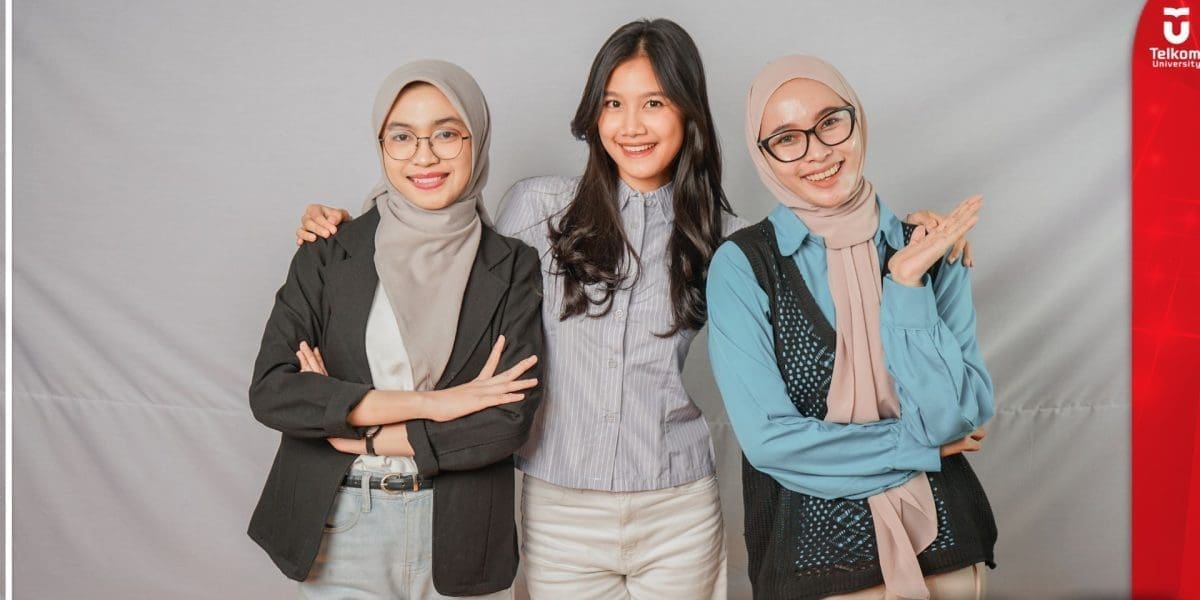Surabaya, Mei 2025 – Sustainable Development Goals (SDGs) is a global agenda prepared by the United Nations (UN) to achieve a more just, prosperous, and sustainable world by 2030. Consisting of 17 goals and 169 targets, SDGs cover various aspects of life such as poverty alleviation, quality education, gender equality, climate action, and sustainable consumption.
Although SDGs are a global agenda, every individual has an important role in realizing these big goals, including students. As the younger generation, students are not only recipients of development benefits, but also agents of change. Because it cannot be denied, students are the closest next generation for a country. So, how can students make a real contribution to realizing sustainable development goals?
1. Become an Education Agent
Students have easier access to science and technology than the upper and lower generations. This role can be maximized by disseminating information and raising awareness among the surrounding community about the importance of sustainable development.
- Holding seminars, public discussions, or webinars about SDGs.
- Writing opinion pieces, articles, or social media content about SDGs issues.
- Get involved in campus organizations that focus on environmental, social, or economic education.
2. Adopt a Sustainable Lifestyle
Change starts from yourself. That might be the right word to describe the beginning of small changes. A student can show their commitment to SDGs through daily habits such as:
- Reduce the use of single-use plastic.
- Save energy and water.
- Using environmentally friendly transportation such as bicycles or public transportation.
- Buy local and environmentally friendly products.
3. Active in Social Activities and Community Service
Students are no longer just studying. Students can do various activities that can have a direct impact on society. Through the Real Work Lecture (KKN) program, community service, or other social activities, students can interact directly with the community and help improve their standard of living.
Examples of concrete contributions:
- Providing skills training for housewives or village youth.
- Encourage the development of organic farming or waste management in villages.
- Helping strengthen basic education through tutoring.
4. Innovation and Social Entrepreneurship
Students are individuals who have a lot of imagination and have the ability to make it happen. Students from various disciplines can create technological innovations or social businesses that support the SDGs. In addition, innovations created by students can have a real impact on their environment.
- Engineering students can design simple renewable energy systems for remote areas.
- Economics or management students can build businesses based on a circular economy.
- Agricultural students can develop urban or hydroponic farming systems.
5. Promote Policy Through Advocacy
Students are often critical voices in public policy. Through advocacy, they can encourage government agencies, universities, or the private sector to pay more attention to sustainability issues.
- Forming a community or alliance of students who care about SDGs.
- Conducting social campaigns based on data and research.
- Participate in national and international youth forums on SDGs.
6. Collaboration with Various Parties
Collaboration is key to SDGs (Goal 17). Students can expand the impact of their activities by collaborating with:
- NGOs, local communities and international organizations.
- Local governments, schools, and the business world.
- Fellow students across campuses, both domestic and international.
Sustainable development is not only the responsibility of the government or international organizations. Students as the next generation of the nation have great potential to become drivers of change. With knowledge, enthusiasm, and creativity, students’ contributions to achieving the SDGs can have a real impact on society and the environment.
Start with small steps, because big changes always start with simple actions. A more just and sustainable world starts with all of us, starting now.
Author: Fujiyama / Photo: Pexels

